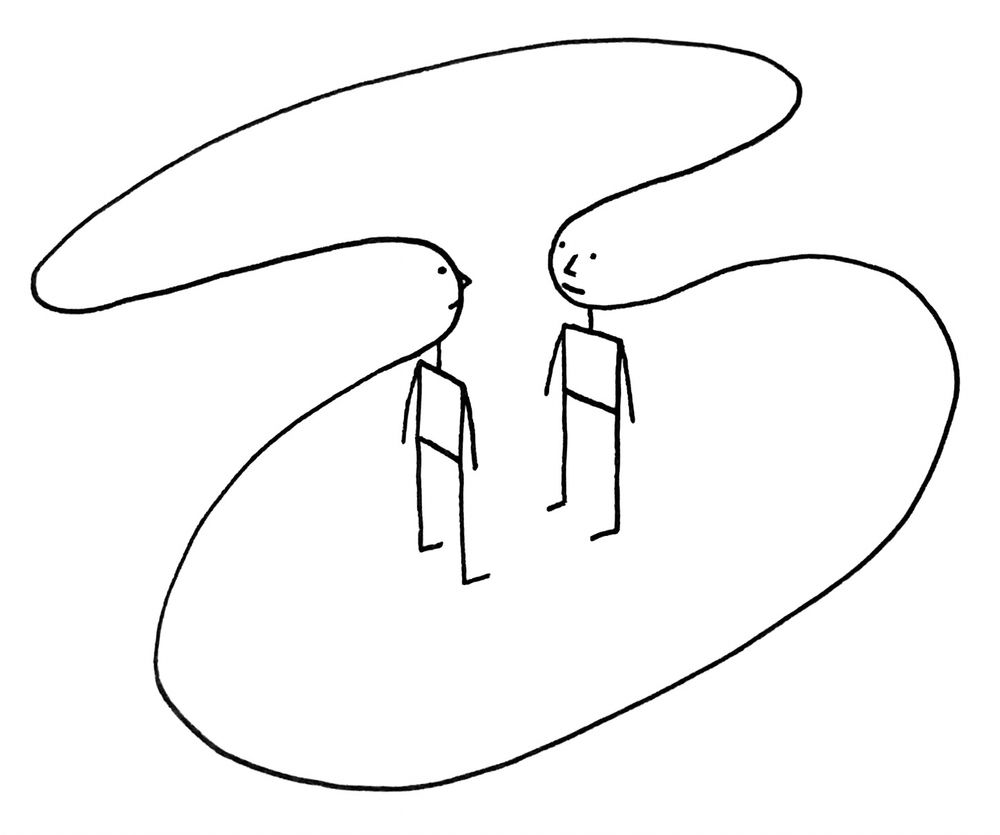
You are loved. You are free. Goodnight.
07.07.2025 02:23 — 👍 33 🔁 8 💬 0 📌 0@mattjugo.bsky.social
Psychiatrist/therapist | Health | Parenting | Music | Climate | he/him | feminist | Medical Humanities | Mastodon: @mattjugo@ieji.de | #BLM | 🏳️🌈

You are loved. You are free. Goodnight.
07.07.2025 02:23 — 👍 33 🔁 8 💬 0 📌 0"The world will ask who you are, and if you do not know, the world will tell you." - Jung
11.03.2025 18:07 — 👍 5 🔁 0 💬 0 📌 018/ And to know that, of course,
Whyte's advice is exactly right - we will have to feel all our feelings.
Whatever they may happen to be, in any given moment.
We can't hide from the signals our body is trying to give us. Nor should we.
Without those signals, we won't know what to do next.
17/ whatever the best decision is for us to make, right now-
if we accept that the anxiety can also just be understood as one of Nature's ways of helping us focus,
and that one of the most important questions we can clarify is:
What values will inform our next choice?
What's at stake, exactly?
16/ that I've seen in recent memory is this recent video clip of Alex Honnold coaching Magnus Midtbø on approaching a free solo (ropeless) climb
youtube.com/clip/Ugkxv0V...
there's so much clarity in recognizing that all we have is the present moment,
yet we can still make
15/ And finally - the invitation to (C)ommit to it.
Yes, that's what the the "C" in "ACT" refers to - the pathway through anxiety lies in reminding ourselves of what we are committed to, and following through.
Anxiety can be clarifying, too, if we allow it
One of the most amazing examples of this
14/ a signal, that is, that we are coming into contact with something precious, valuable, and vulnerable within ourselves.
The question that anxiety asks of us (and it can always be turned into a question) is:
What, exactly, is at stake?
And then: What will we do about that?
13/ of our own experience we can neither fully predict nor control.
Interestingly, this vibes with one of the most well known treatment protocols for anxiety - Acceptance and Commitment Therapy (ACT).
the basic thesis of ACT is that anxiety is a *signal.*
12/ what's notable to me about this is that Whyte frames anxiety as kind of a luxury, a thing we might turn to because it could be preferable to the alternative.
the alternative, he suggests, might be facing something squarely; accepting things the way they are; knowing that there is some portion
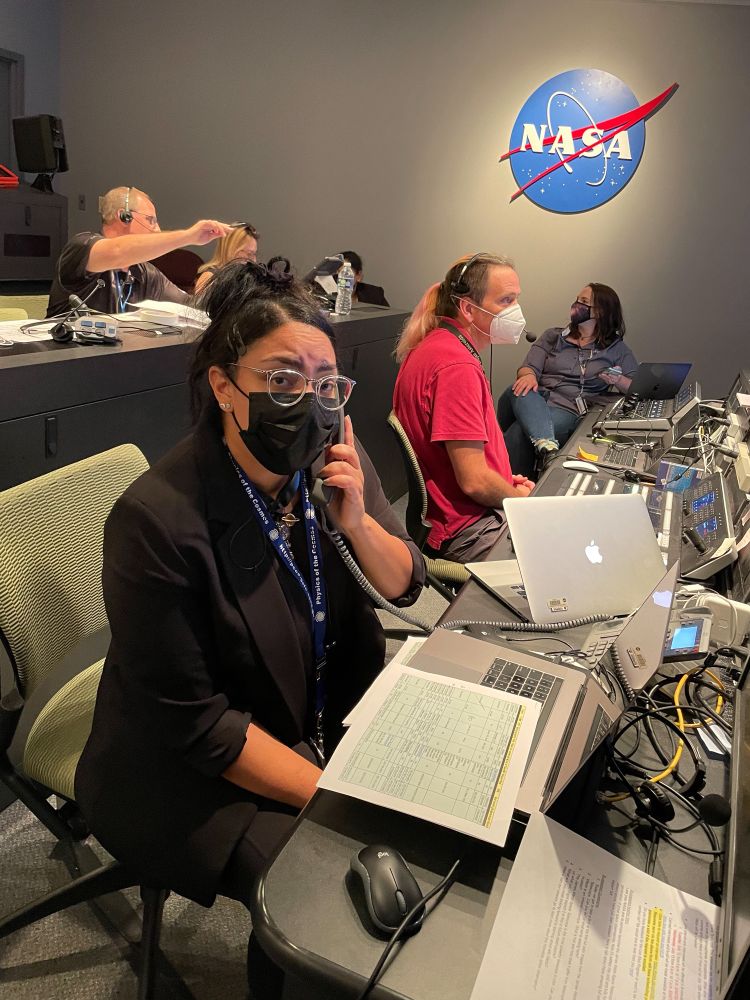
This profile has been scrubbed from the site. Rose Ferreira grew up without reliable electricity, immigrated to NY, then survived homelessness and cancer on her way to NASA. She was so moved by images from the Webb telescope she wept. This is what’s at stake
web.archive.org/web/20231206...
Similarly, the Trump-a-Lago top-secret files theft investigation was blocked by Eileen Cannon - a Trump appointee.
We gave him the power to do this in 2016.
The Jan 6th prosecution was directly blocked by the Trump-appointed Supreme Court,
who made an absurd ruling requiring Jack Smith to establish that Trump wasn't just doing his duty as Executive - slowing the case to a snail's pace.
This supreme court exists, because of the 2016 election.
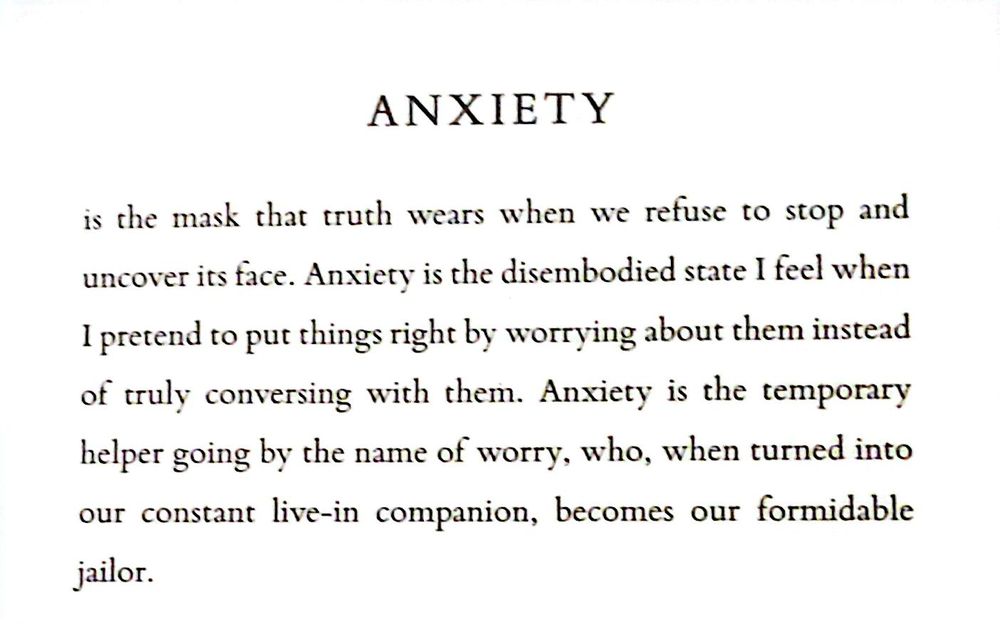
ANXIETY is the mask that truth wears when we refuse to stop and uncover its face. Anxiety is the disembodied state I feel when I pretend to put things right by worrying about them instead of truly conversing with them. Anxiety is the temporary helper going by the name of worry, who, when turned into our constant live-in companion, becomes our formidable jailor.
11/ Let's move on. Whyte's second word is "Anxiety".
(he's more fun than a barrel of monkeys, isn't he? LOL -but don't be discouraged, not all his words have a negative tenor!)
Here is the summary:
10/ perhaps moved by their gesture, Edward's wife Queen Philippa prevailed upon him to spare their lives.
Its said that she feared that their execution would be an ill omen for their unborn child - and so they lived.
Perhaps their anguish pointed her towards the possibility of a kinder world.
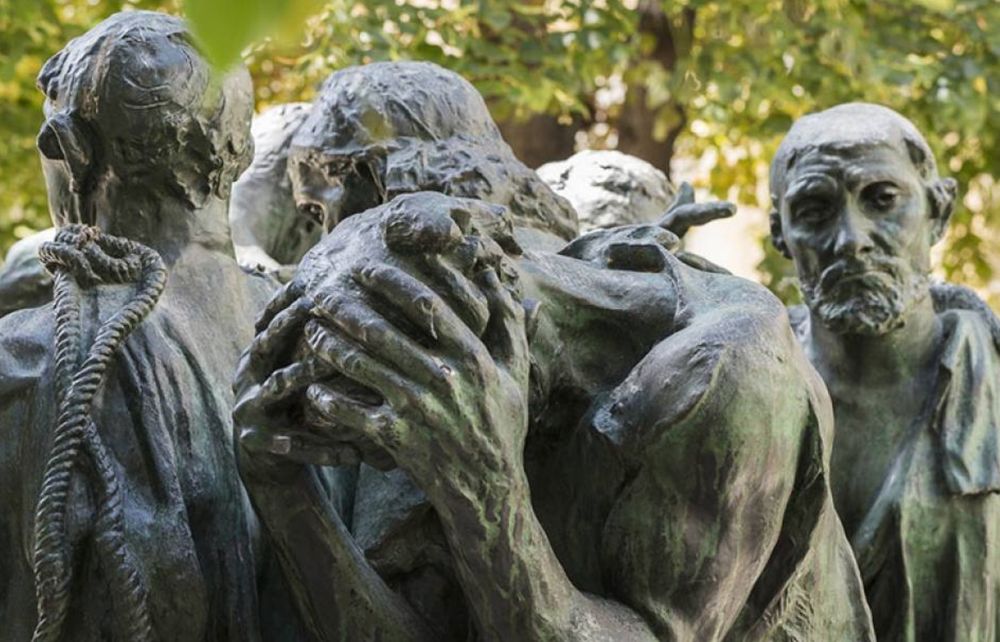
image of the "Burghers of Calais" sculpture by Rodin, six men bound by. a heavy rope and with expressions and postures of anguish
9/ in the hope that King Edward would accept their lives in exchange for relieving the suffering of their city.
01.02.2025 00:37 — 👍 1 🔁 0 💬 1 📌 08/ It was memorialized for all time by Auguste Rodin - that most physical of sculptors - in his "Burghers of Calais".
At the beginning of the 100 years war, in 1347, the elders of the besieged city of Calais, aware of the terrible suffering of their city, offered their lives to the English King,
7/ The wisdom here is that very powerlessness - which is part of what makes anguish what it is - is also a beginning.
It is the first step - the step of integrating the knowledge of our own limits.
We integrate it in our body. This is no mere mental exercise. Anguish is a full body experience.
6/ "Anguish is the first stop on the road to healing".
The path to wholeness necessarily leads us through powerlessness. If we love - a child, a pet, another person, a place, a flower, a garden, a world - that love will eventually render us powerless -
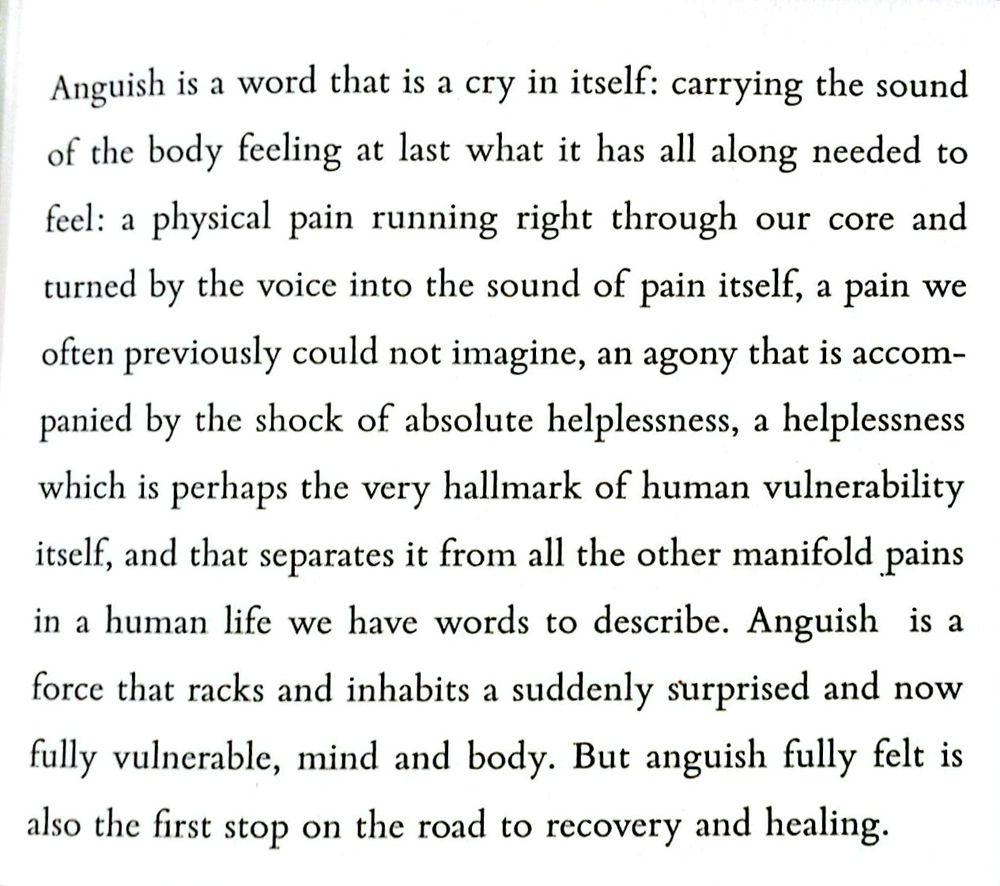
text: Anguish is a word that is a cry in itself: carrying the sound of the body feeling at last what it has all along needed to feel: a physical pain running right through our core and turned by the voice into the sound of pain itself, a pain we often previously could not imagine, an agony that is accompanied by the shock of absolute helplessness, a helplessness which is perhaps the very hallmark of human vulnerability itself, and that separates it from all the other manifold pains in a human life we have words to describe. Anguish is a force that racks and inhabits a suddenly surprised and now fully vulnerable, mind and body. But anguish fully felt is also the first stop on the road to recovery and healing.
5/n OK let's get started.
The first word David looks at, in C2, is "Anguish". (The words are presented in alphabetical order).
It turns out there is a whole philosophy to be discovered here...
4/n it was there already, he seems to say - the truth + knowledge was already there, within the words themselves, if we just listen to them carefully enough.
His book now has a sequel (Consolations II, Many Rivers Press, Jan. 2025) - and I'll be doing a live read of it on this thread.
Stay tuned!
3/n by finding NEW words (although yes, that is sometimes necessary)
instead, the entire project seems to tell us - look at the treasure we already have.
Look at what language ALREADY gives us.
And he takes on this journey one word at a time, holding each word up to the light like a gemstone;
2/n the larger project is an exploration of the limits of language - how do we explore the spaces where language stops working?
What I love about Whyte is that he recognizes often the challenge is not to give in to the temptation to extend language further - by writing more + more, say - or
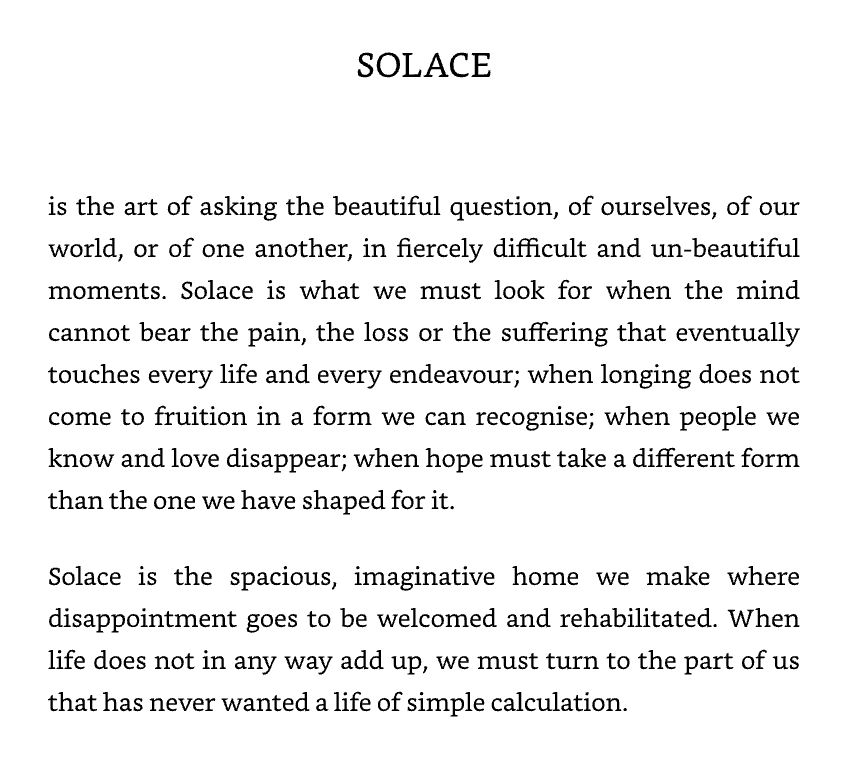
book excerpt: SOLACE is the art of asking the beautiful question, of ourselves, of our world, or of one another, in fiercely difficult and un-beautiful moments. Solace is what we must look for when the mind cannot bear the pain, the loss or the suffering that eventually touches every life and every endeavour; when longing does not come to fruition in a form we can recognise; when people we know and love disappear; when hope must take a different form than the one we have shaped for it. Solace is the spacious, imaginative home we make where disappointment goes to be welcomed and rehabilitated. When life does not in any way add up, we must turn to the part of us that has never wanted a life of simple calculation. Solace is found in allowing the body's innate foundational wisdom to come to the fore, the part of us that already knows it is mortal and must take its leave like everything else, and leading us, when the mind cannot bear what it is seeing or hearing, to the birdsong in the tree above our heads, even as we are being told of a death, each note an essence of morning and of mourning, of the current of a life moving on, but somehow also, and most beautifully, carrying, bearing and even celebrating the life we have just lost - a life we could not see or appreciate until it was taken from us.
🧵 1/n David Whyte is one of my favorite authors, an Anglo-Irish poet who straddles the boundary between poetry + prose.
In his 2014 book "Consolations", he explores deeper meanings behind a series of 52 common words.
Here is the intro to"Solace" (an appropriate choice, given his book's title)
can you confirm that it is AI?
09.01.2025 22:20 — 👍 0 🔁 0 💬 0 📌 0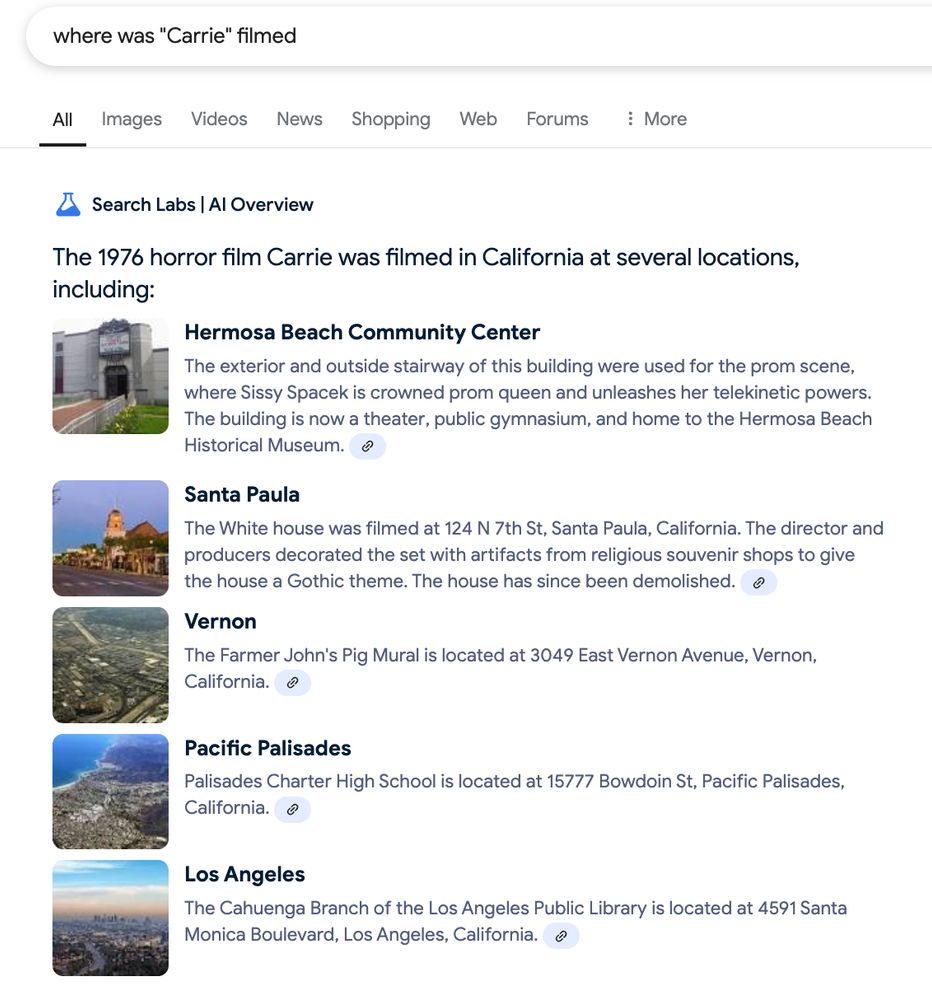
Palisades Charter High School, per Google (4th in this list)
Yes, this checks out with multiple news stories

the credit for the pic seems to go to instagram user "Rileythree" -
09.01.2025 21:26 — 👍 13 🔁 1 💬 1 📌 0here's the link to the search results
lens.google.com/search?ep=cn...
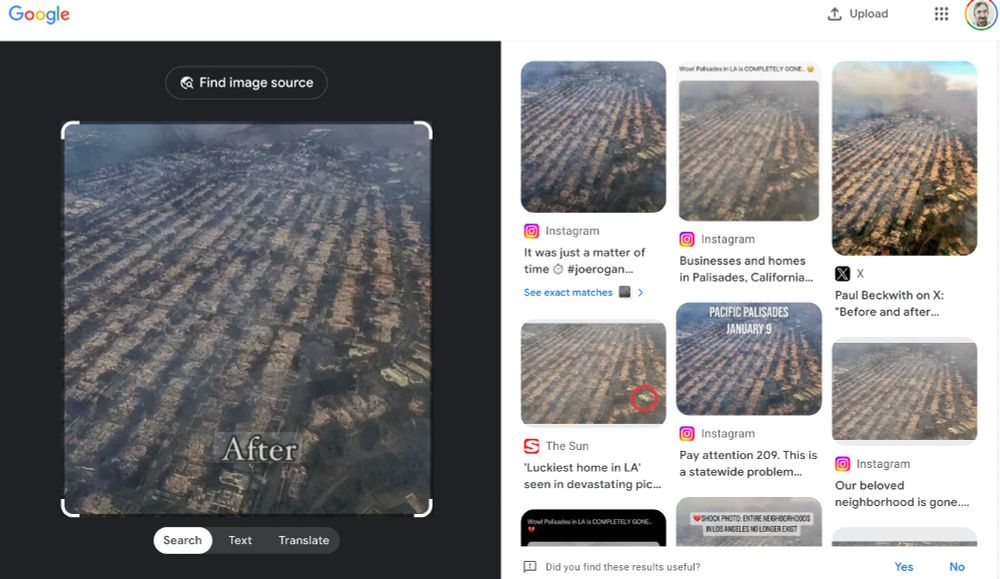
reverse image search on google is your friend -
click the little camera in the searchbar in Google;
upload the image;
... results are quite numerous for this one